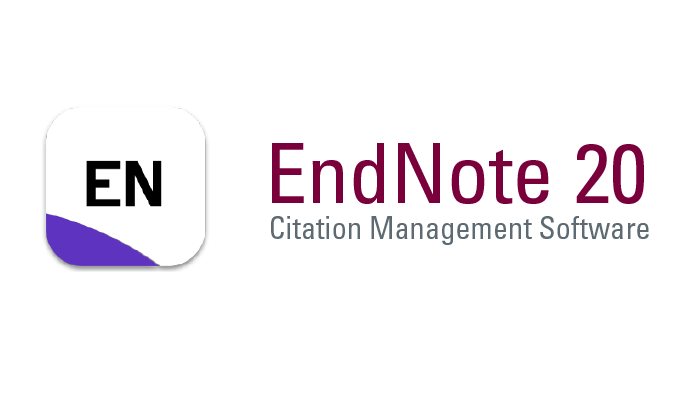LONG LIFE EDUCATION DALAM PERSPEKTIF PENDIDIKAN AGAMA ISLAM
DOI:
https://doi.org/10.47887/amd.v1i1.10Keywords:
Islamic Education, Long life educationAbstract
National Education aims to develop abilities and shape the character and civilization of a nation with dignity in the context of educating the nation's life, aiming to develop the potential of students to become human beings who believe and fear God Almighty, have noble character, are healthy, knowledgeable, capable, creative, independent , and become a democratic and responsible citizen. Whereas in Islam, ordering high morals is the goal in Islamic education. And education must be formally conceptualized as a continuous process in individual life, from early childhood to adulthood, so that it is able to become a shield which is at the same time used as a filter and also used as a guide and behavior for adolescents to be used as a shield in facing the challenges of the times. . The concept of life education is the ability of those in charge of education in educating their students, because of their abilities. The responsibility for education, among others, is borne by parents as household educators, teachers (educators) as those in charge of education in schools and community leaders as those in charge of education in society. The concept of Islamic religious education in realizing life education is the need for association which is an environment that participates in educating someone.
References
Abi Isa Ibnu Surah Tirmidzi. (2003). Sunan Tirmidzi. Beirut: Darul Kitab.
Ali Rohmad. (2004). Kapita Selekta Pendidikan. Jakarta: Bina Ilmu.
Aly, Hery Noer. (1999). Ilmu Pendidikan Islam. Jakarta: Logos Wacana Ilmu.
Arikunto, Suharsimi. (1992). Prosedur Penelitian Suatu Pendekatan Praktik. Jakarta: Rineka Cipta.
Bawani, Imam, (1993). Tradisionalisme Dalam Pendidikan. Surabaya: Al-Ikhlas.
Cropley, A.J, (1973). Pendidikan Seumur Hidup, Terj: Sardjan Kadir. Surabaya: Usaha Nasional.
Daradjat, Zakiah. (1992). Ilmu Pendidikan Islam. Jakarta: Bumi Aksara,
Departemen Agama RI. (1992). Al-Qur’an dan Terjemahnya. Semarang: Tanjung Mas Inti.
Hermawan Wasito. (1992). Pengantar Metodologi Penelitian. Jakarta: Gramedia Pustaka Utama.
Klaus Krippendorff, (1993). Analisis Isi, Pengantar Teori dan Metodologi, Terj. Farid Wajidi. Jakarta: Raja Grafindo Persada.
Marimba, Ahmad D. (1989). Pengantar Filsafat Pendidikan. Bandung: Al-Ma'arif, 1989.
Muhaimin. (2004). Paradigma Pendidikan Islam. Bandung: Remaja Rosdakarya
Nata, Abuddin. (1997). Filsafat Pendidikan Islam I. Jakarta: Logos Wacana Ilmu.
Nizar, Samsul. (2002). Filsafat Pendidikan Islam Pendekatan Historis, Teoritis dan Praktis. Jakarta: Ciputat Press.
Paul Lengrand. (1986). Pengantar Pendidikan Sepanjang Hayat. Jakarta: Gunung Agung.
Undang-Undang RI No. 20. (2003). Tentang SISDIKNAS. Bandung: Fokusmedia.
Downloads
Published
How to Cite
Issue
Section
License
Copyright (c) 2021 Nuryaumin Nuryaumin

This work is licensed under a Creative Commons Attribution-ShareAlike 4.0 International License.
Authors retain copyright and grant the journal right of first publication and this work is licensed under a Creative Commons Attribution-ShareAlike 4.0 that allows others to share the work with an acknowledgement of the works authorship and initial publication in this journal.
All articles in this journal may be disseminated by listing valid sources and the title of the article should not be omitted. The content of the article is liable to the author.
Authors are able to enter into separate, additional contractual arrangements for the non-exclusive distribution of the journal's published version of the work (e.g., post it to an institutional repository or publish it in a book), with an acknowledgment of its initial publication in this journal.
Authors are permitted and encouraged to post their work online (e.g., in institutional repositories or on their website) prior to and during the submission process, as it can lead to productive exchanges, as well as earlier and greater citation of published work.
In the dissemination of articles by the author must declare the Al-Madaris Jurnal Pendidikan dan Studi Keislaman as the first party to publish the article.














